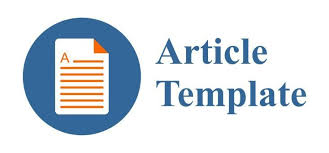STRATEGIES FOR ENHANCING ECONOMIC EFFICIENCY IN MODERN BUSINESSES
Raximov Azamat Hamrokulovich
Independent researcher of Samarkand institute of economy and service
Xolikulov Anvar Nematovich
Associate professor of the Samarkand institute of economics and service
Keywords: economic efficiency, business strategies, resource allocation, technological integration, lean management, process reengineering, employee empowerment, data analytics, performance metrics, sustainable growth, competitive advantage, operational effectiveness, strategic initiatives, innovation, cost reduction, productivity improvement.
Abstract
This article delves into the strategies crucial for elevating economic efficiency in contemporary businesses. Economic efficiency, the cornerstone of sustainable growth and competitiveness, is explored through a lens that emphasizes productivity, innovation, and resource optimization. By examining key theoretical frameworks and practical approaches, this article aims to provide actionable insights for organizations seeking to maximize their operational effectiveness and strategic advantage in today's dynamic market landscape.
References
Smith, A. (1776). *An Inquiry into the Nature and Causes of the Wealth of Nations*. London: W. Strahan and T. Cadell.
Porter, M. E. (1990). The Competitive Advantage of Nations. *Harvard Business Review*.
Womack, J. P., Jones, D. T., & Roos, D. (1990). *The Machine That Changed the World: The Story of Lean Production--Toyota's Secret Weapon in the Global Car Wars That Is Now Revolutionizing World Industry.* Free Press.
Davenport, T. H., & Harris, J. (2007). *Competing on Analytics: The New Science of Winning.* Harvard Business Press.
Drucker, P. F. (1999). *Management Challenges for the 21st Century.* HarperBusiness.
Ohno, T. (1988). *Toyota Production System: Beyond Large-Scale Production.* Productivity Press.






